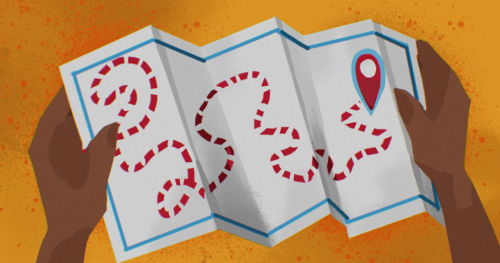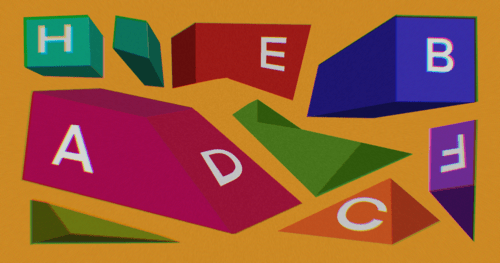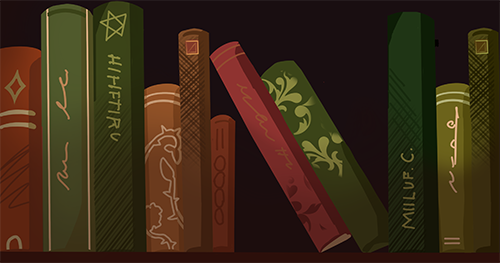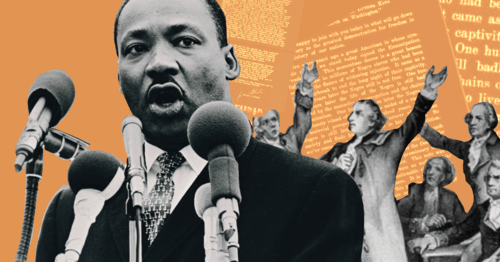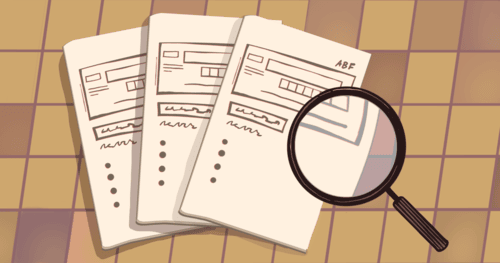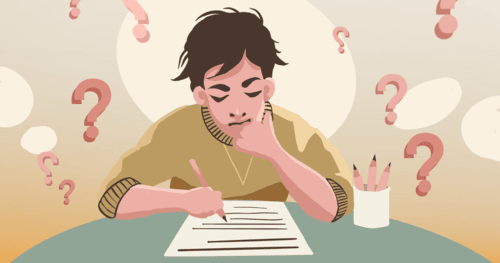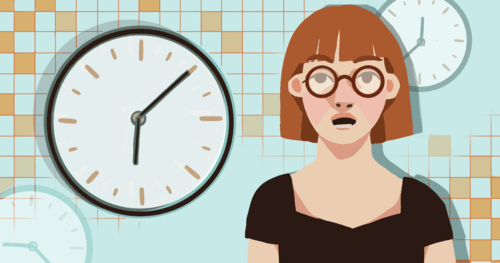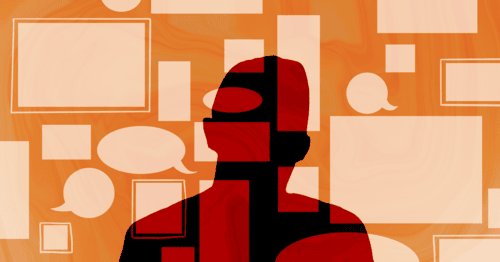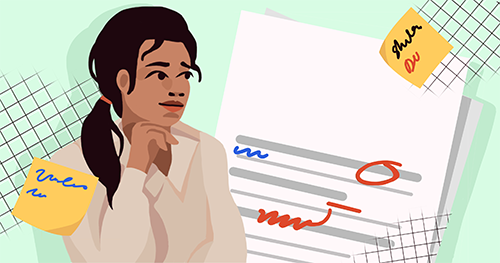Sorry, this activity is currently hidden
Welcome to the Support Site for English A: Language and Literature for the IB Diploma Programme. This Support Site, created by Brad Philpot, offers teachers and students support by providing access to thematic units, practice papers, student examples, discussion groups and much more. Resources are updated weekly. This site is developed independently from and not endorsed by the IB, so that we can maintain our high standards. Subscribe for only €50 for full access to all content for 365 days, or send us an email for a group-subscription for colleagues and/or students.
